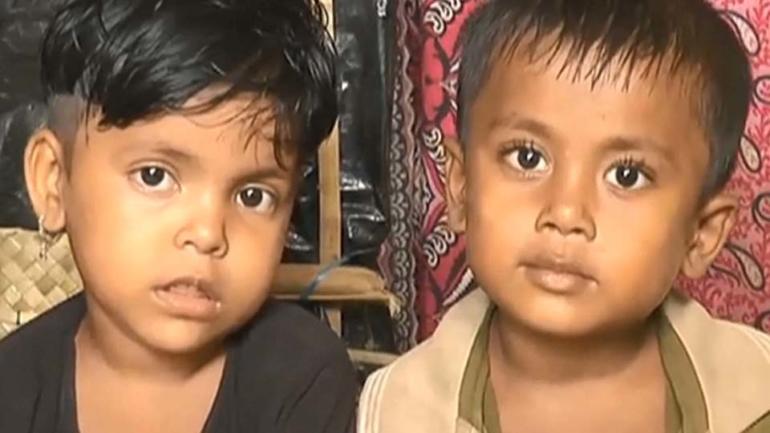The Rohingya crisis is getting an airing at the United Nations. Bangladesh Prime Minister Sheikh Hasina blamed Myanmar for failing to take back the hundreds of thousands of Rohingya who have sought refuge in her country.
CGTN’s Liling Tan reports from the United Nations.
Cox’s Bazar, Bangladesh is the largest refugee camp in the world occupied by Rohingya Muslims who escaped violence in Myanmar in a mass exodus that began in August 2017. The violence shocked the world but after two years has the world forgotten them.
“I think sadly Myanmar is in a category of crises along with Syria where frankly there is such global fatigue that no one really wants to talk about them anymore,” said Richard Gowan the UN Director of the International Crisis Group.
Officials say it demands immediate attention.
“On one level there’s a massive humanitarian crisis largest refugee camp in the world and I think more support needs to be given to Bangladesh to deal with that crisis, a poor country which has taken in an extra 750,000 people from across its borders,” said Simon Adams, Executive Director, Global Centre for the Responsibility to Protect.
The security situation has prevented refugees from returning home.
“I think they should name the nature of the crime, first of all, genocide perpetrated against the Rohingya, and they should start to try and hold the perpetrators accountable, either by targeted sanctions or by referring it to the international criminal court for prosecution,” Simon Adams, Executive Director, Global Centre for the Responsibility to Protect.
Meanwhile, U.N. appointed human rights investigators and experts warn that violence against the Rohingya in Rakhine state continues and includes the involvement of the country’s military.
“The violence in Rakhine is escalating and there are credible reports of Rakhine men being tortured and dying in custody and Rakhine villages being burned. The Rohingya who are still in Rakhine remain confined to camps in central Rakhine and within the few Rohingya villages left in northern Rakhine,” said Yanghee Lee the U.N. Special Rapporteur on Human Rights in Myanmar.
Inaction from the United Nations Security Council has come under heavy criticism.
“I think that it is very difficult for U.N. officials on the ground in Myanmar to do very much when the Security Council is deeply divided over how to deal with the country.
The Chinese, the British, the Americans in the Security Council have decided to avoid big diplomatic confrontations. Instead they’re focusing more on the humanitarian plight of the refugees but that may not be enough in the long term,” said Richard Gowan the U.N. Director of the International Crisis Group.
 CGTN America
CGTN America

